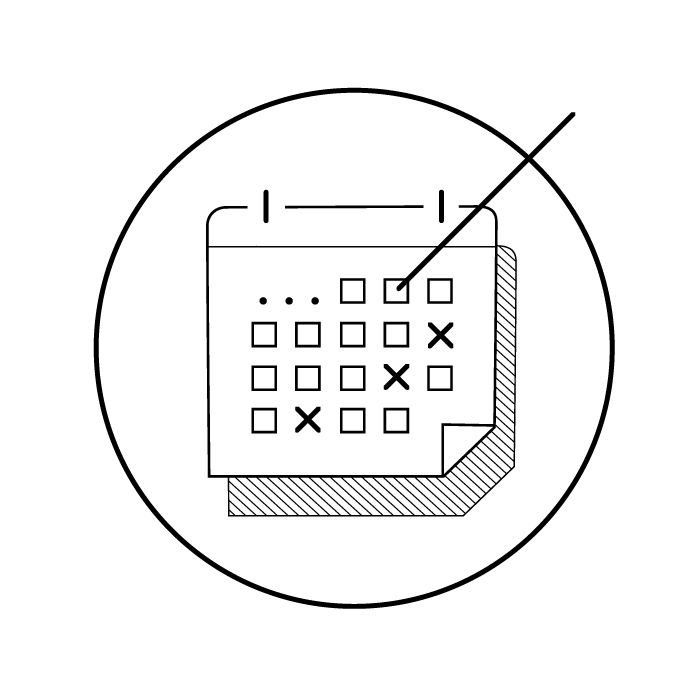 Conference
Conference
Translating the Book of Acre from Middle High German into English
Workshop
3 March 2023
Organisers: Christoph Pretzer (University of Bern), Marcus Meer (GHIL)
Conference participants: Sarah Bowden (KCL), Stephen Mossman (Manchester), Henrike Lähnemann (Oxford), Howard Jones (Oxford), Seb Coxon (UCL), Josephine Spelsberg (KCL), Mark Chinca (Cambridge), Lea Braun (HU Berlin/KCL), Johanna Dale (UCL), Anna Wilmore (Oxford), Simone Kuegler-Race (Cambridge), Doriane Zerka (Cambridge), Aysha Strachan (KCL), Bjoern Weiler (Aberystwyth)
Venue: German Historical Institute London
The EU-funded MSCA project CITYFALL at the Institute for Classical Philology at the University of Bern is working on a critical translation of the Book of Acre into English to make this important and unique Middle High German source accessible to non-German language audiences. The translation will be published in the Routledge series ‘Crusade Texts in Translation’.
The Book of Acre was written by the Styrian author Ottokar aus der Gaal in the 1310s and is in many respects a unique text. Although it is part of the monumental Styrian Rhyming Chronicle, which relates the history of the Styrian and Austrian lands from c.1250 to the early fourteenth century, the Book of Acre is a self-contained narrative referring to contemporaneous events in the Holy Land. In particular, it describes the conquest and sack of the city of Acre, which was the last and most important harbour held by the crusaders on the Eastern Mediterranean coast before its capture by the Egyptian Mamluks in 1291. The Book of Acre is the only Middle High German text to dedicate itself to the depiction of a specific and clearly identifiable military action of the crusades. It is also the only such text to conceive of itself programmatically as a lament for a lost city.
The workshop at the German Historical Institute London on 3 March 2023 will bring together researchers from universities across the UK specialising in medieval German literature, language, and history to consider the challenges of this translation project and to discuss the translation of medieval sources in general terms. The workshop will help achieve the goal of producing a translation that will serve audiences with diverse interests, ranging from philological to historical.